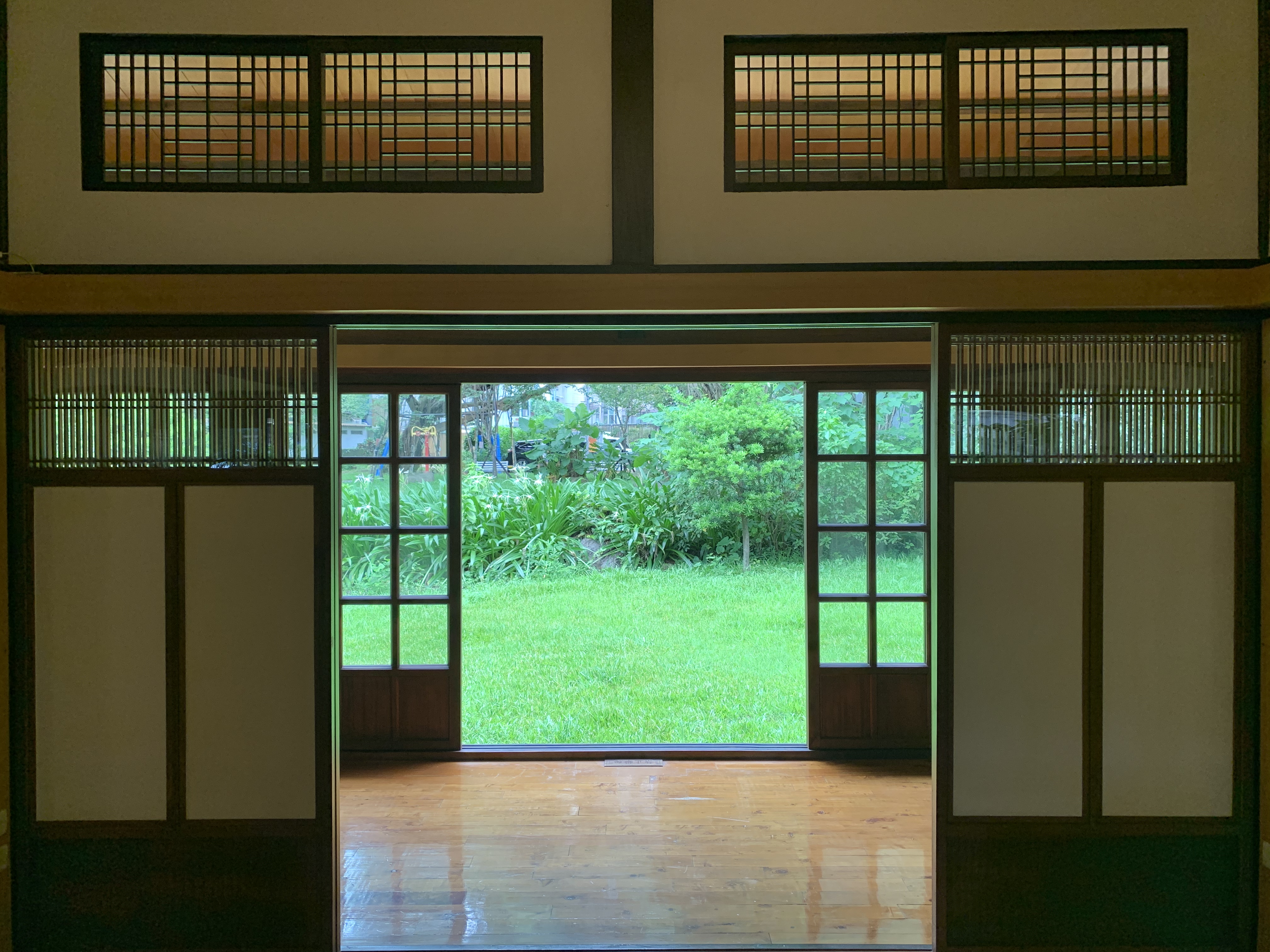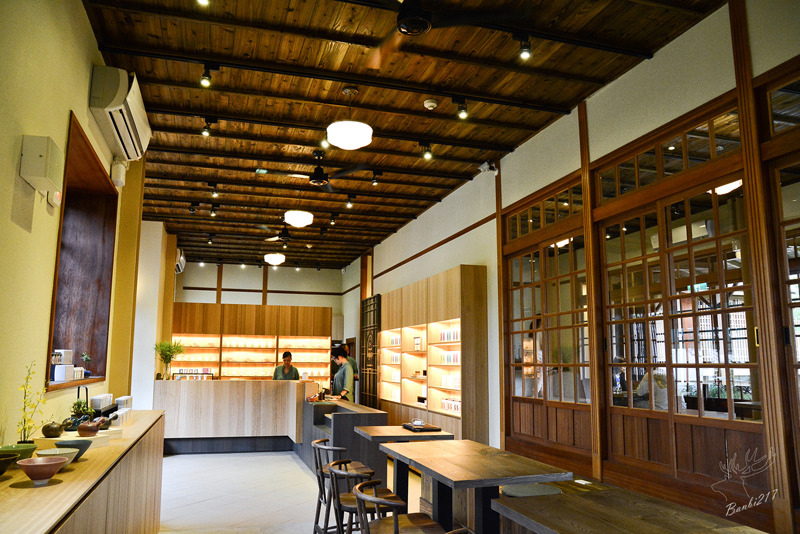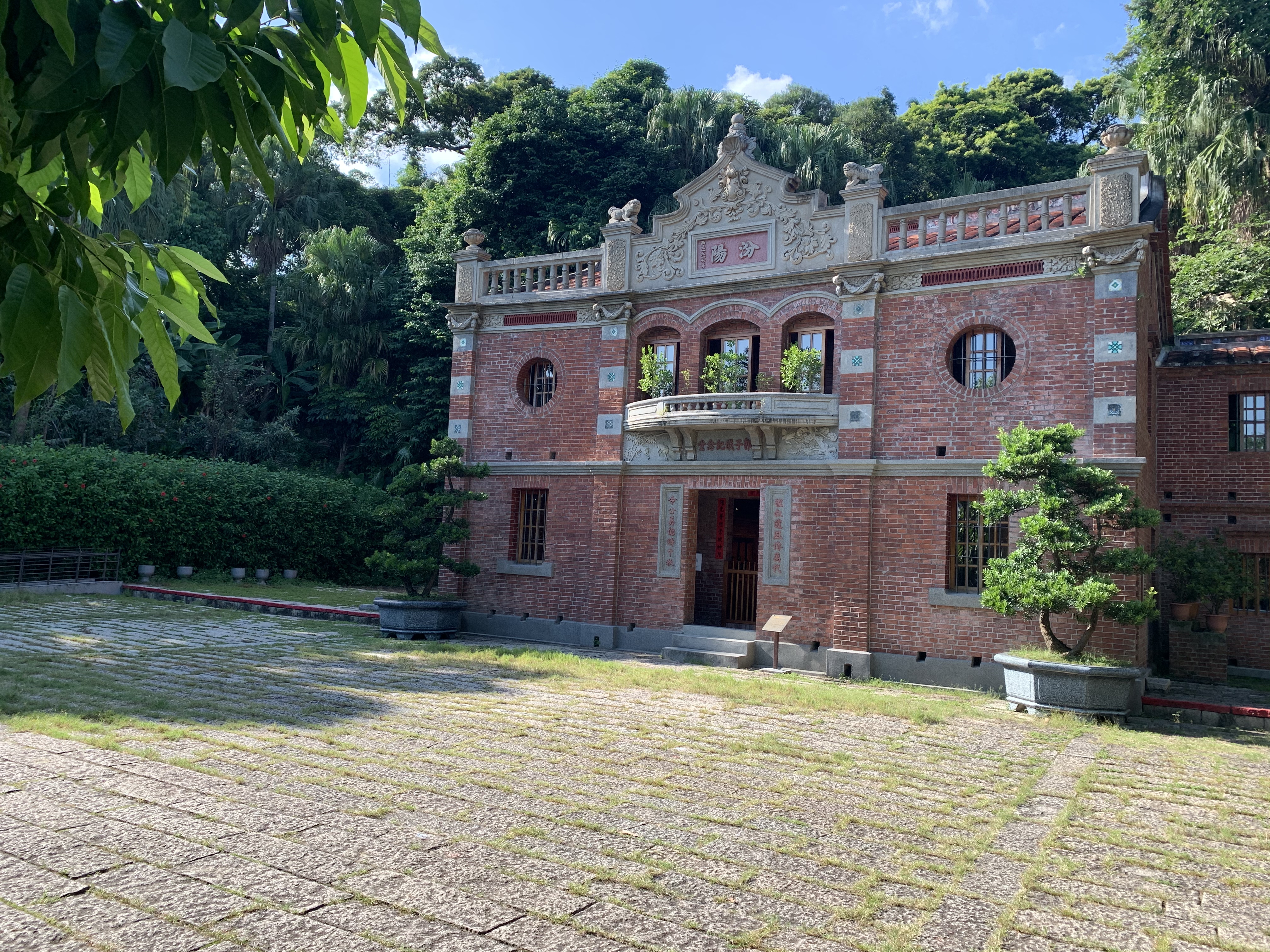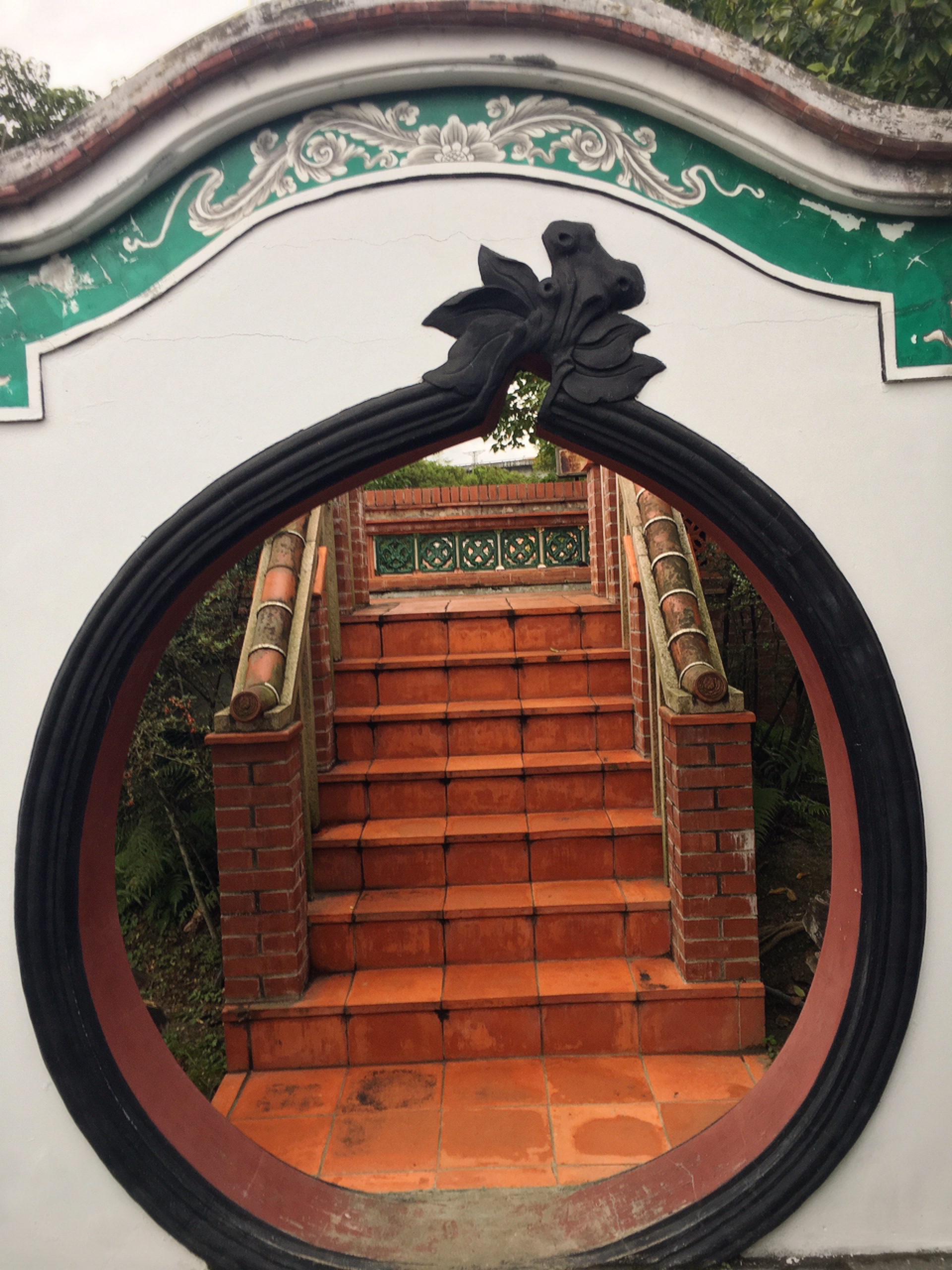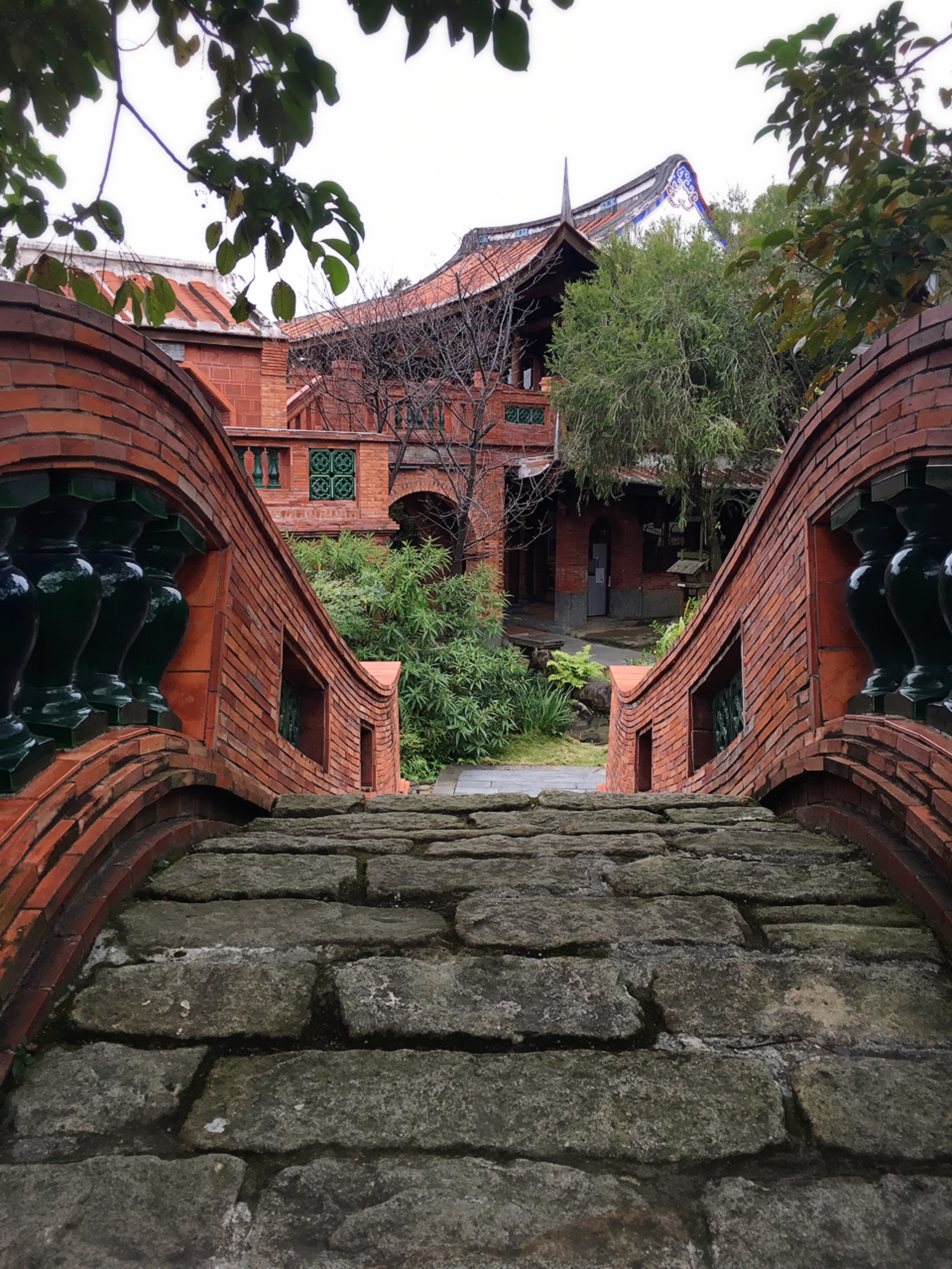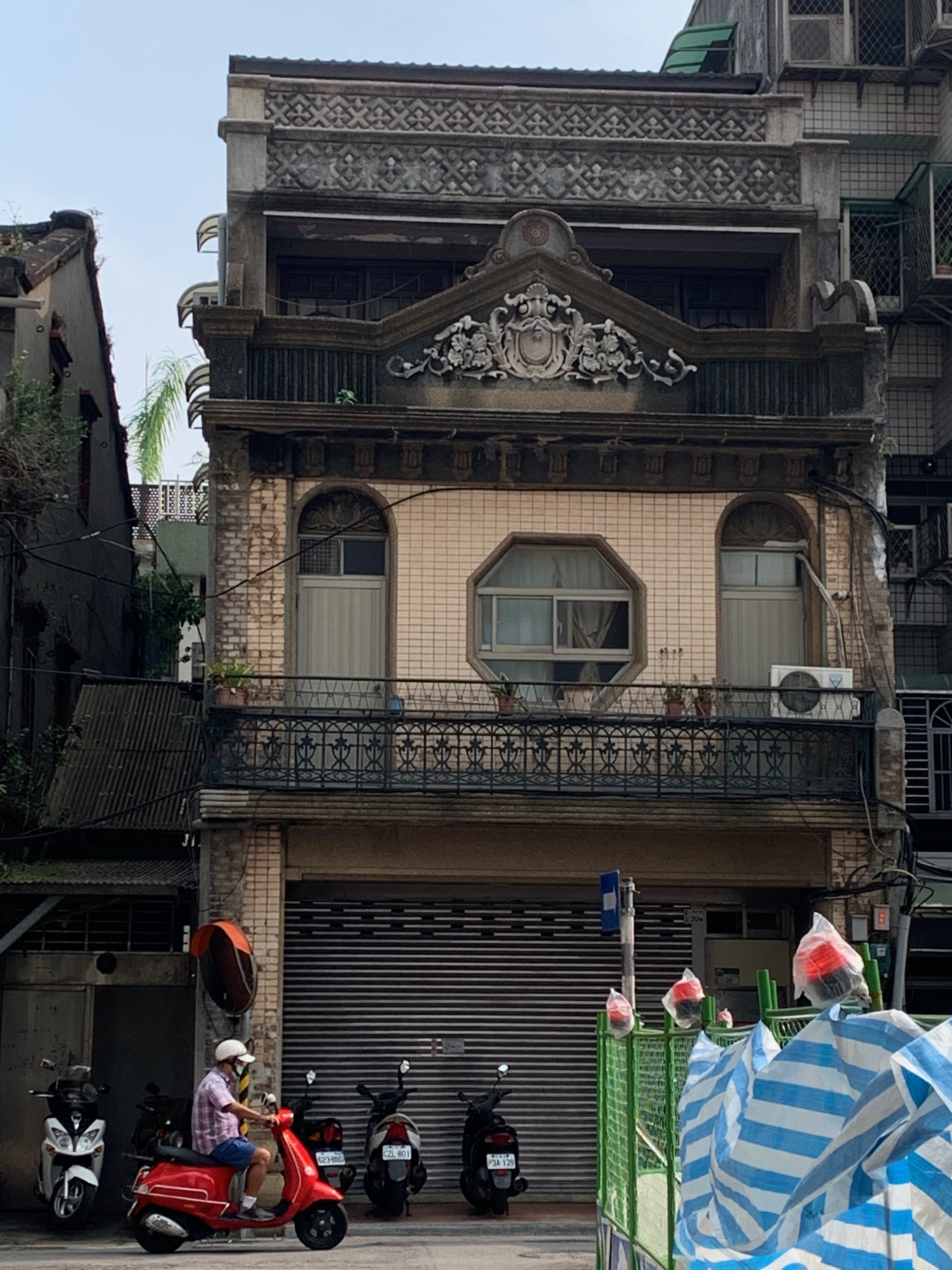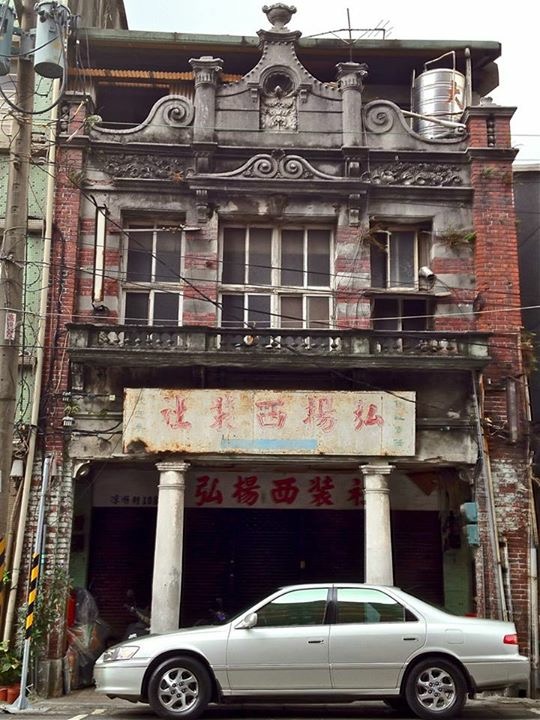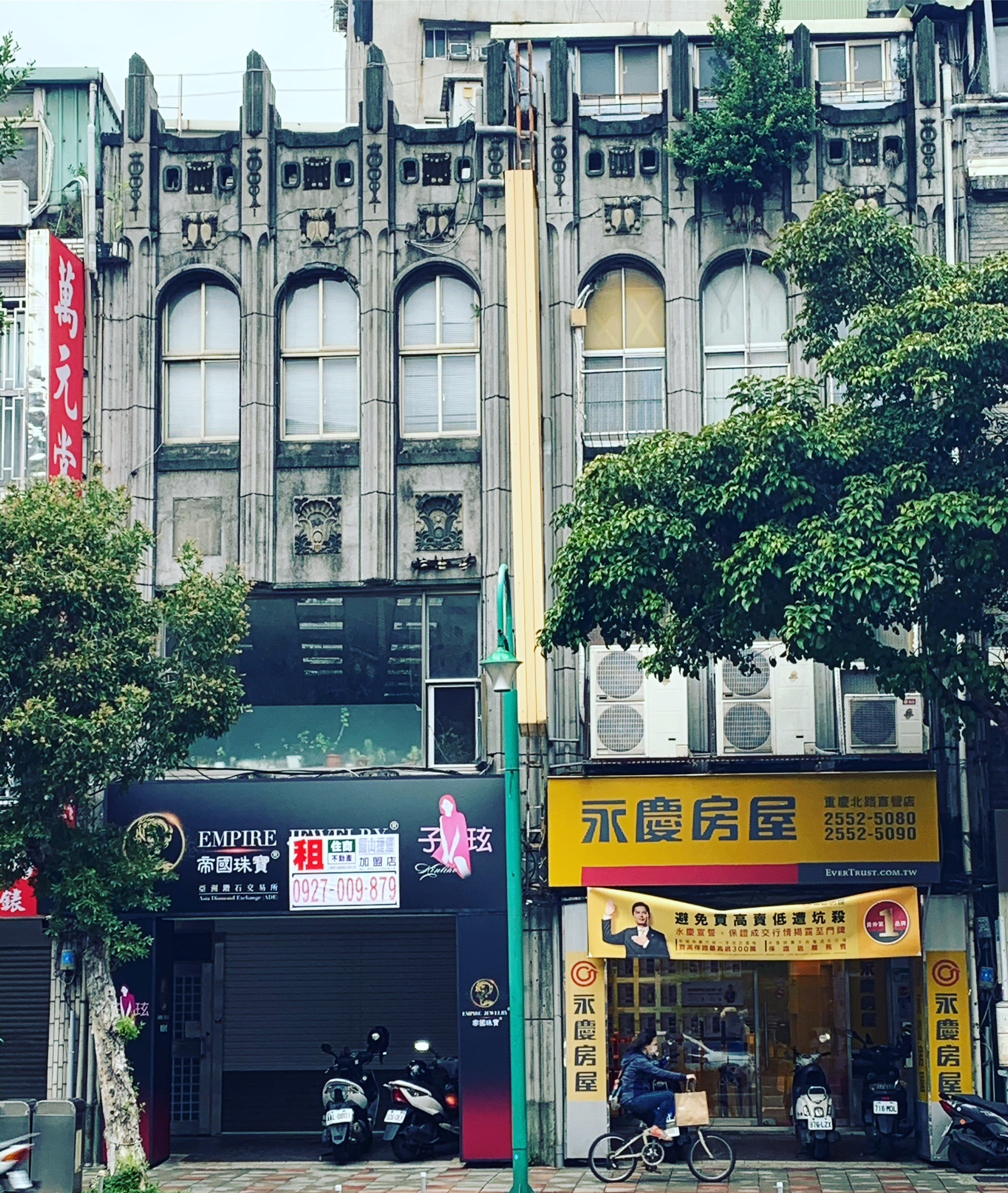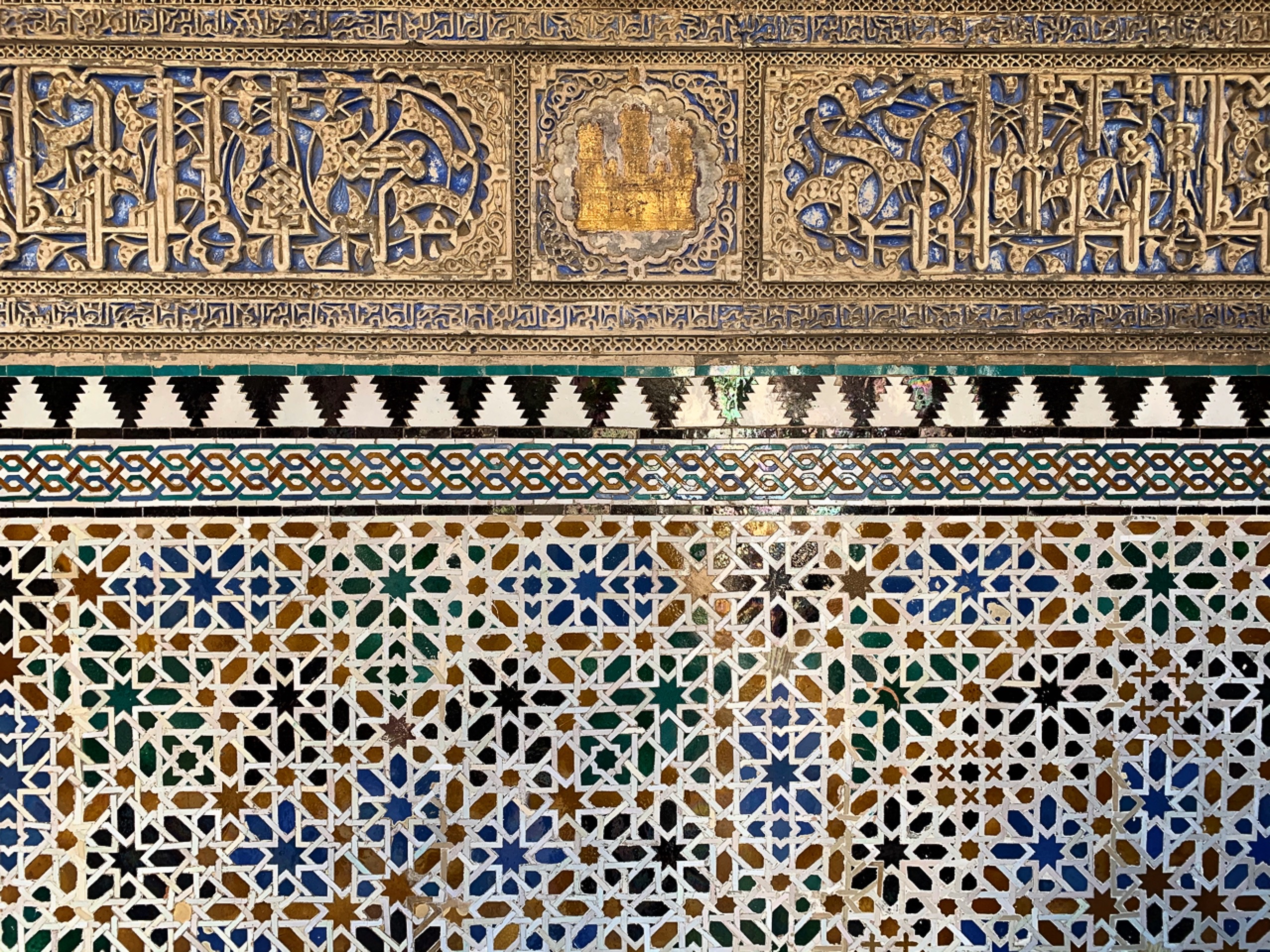
Other than having "I've finally bagged me the 'rona!" stuck in my head for the past few days, I've been thinking about how to help other foreigners in Taiwan with the whole process of it all, once you've tested positive.
It's not particularly straightforward, even if your Mandarin is pretty strong, and most of the guidance online is inadequate. "Find a clinic or hospital near you for a telehealth appointment!" is not useful if you feel terrible and are not up to searching online to find one. "You can get medication delivered to your home!" is similarly unhelpful without clear directions as to how, especially if you're not feeling well and don't have the energy to figure it out on your own. 1922 varies depending on who's available to talk to you at any given time: one friend got immediate help, the other got asked her name and phone number in Mandarin and was told someone would call her (fine if your Mandarin is okay, not great if you don't speak it.)
So, I thought I'd do my best to write a guide. This is specifically aimed at people whose Mandarin is worse than mine, who don't have, say, a local significant other to help. Mine's not perfect, but it exists -- if yours is better, you probably don't need my help!
Before you test
I strongly recommend, before you even feel sick, to have a plan in place. I didn't -- unwisely kept putting it off as non-urgent -- and had to figure all this out while sick. Learn from my mistake! What sort of plan? Well, you'll want to:
1.) Download the EUCare app and register, if you have National Health Insurance (you can't use it if you don't). The registration is offered in English, and it doesn't obligate you to make an appointment. You'll need to verify your phone number and possibly e-mail.
Be sure to enjoy the "Congratulations, you are now part of us!" message you get when your registration is successful! I had a little trouble registering, but when I swiped the app closed then re-opened it, it worked.
2.) Figure out where you'll do your telemedicine appointment in advance (which may or may not be through EUCare). If you plan to use the Taipei City Hospital system and don't have anyone to pay the registration fee for you, then you may want to download a relevant app such as Taipei Pass in advance, as they have to review your account before you can use it.
3.) Have a plan in place for paying the registration fee and picking up any medicine -- this can be done through online payment and home delivery, or having a trusted person be able to take your health insurance card to the hospital or clinic and pick it up for you. I strongly recommend discussing/agreeing in advance with those close to you regarding who will help whom if you suddenly can't leave the house. Even if you have a partner, they may get sick too. It is so much easier to have someone you can call at the ready to go pick up what you need.
4.) Keep a supply of painkillers, cough medicine and diarrhea medicine at home (just trust me on that last one). Some of those flu drink packets don't hurt, either. I also recommend having some citrus or sour candy or lemon drink mix on hand if you think you might be taking Paxlovid.
Other items my friends or I have felt useful to already have at home:
Extra pet food, if you have pets (have a plan if you have a dog who needs to go out); extra garbage bags; sufficient toilet paper; lip balm, toothpaste and lotion; seasonings to make your food appetizing; and a stash of something you like that's not perishable so you don't need to immediately order grocery delivery -- for me that's frozen dumplings but it can be anything you can survive on for a day or two.
5.) Figure out in advance if you qualify for Paxlovid (here's an FDA guide from the US and another guide regarding what Paxlovid is and who should take it). In Taiwan, I don't know every regulation, but chronic issues such as asthma or high BI qualify you, among others. There are also risk factors (such as liver or kidney issues and certain contraindicated drugs). I'm not a doctor; if you think you qualify, be ready to ask at your appointment. They may not ask you; you'll need to bring it up.
Not everyone needs Paxlovid, so don't ask for doses you don't actually need. I qualified and received it, Brendan didn't, and he's doing fine. If you do need it, however, be prepared.
6.) Have some idea how you will get food delivery, especially if you have, say, a fobbed elevator and delivery people cannot get to your door. This may mean talking to your doorperson, making arrangements with friends or stocking up in advance on non-perishables.
Testing positive
You no longer need a PCR confirmation; an at-home rapid test is sufficient. You will need your health insurance card, positive test result, and a pen/marker.
Now you'll need a confirmation appointment. You can do this in person, but you can't take public transportation, so if you don't have a vehicle (or are too sick to drive) and there's no one to take you, you'll have to walk.
I strongly recommend that you do this online instead.
Using EUCare
You can do so through the EUCare app. I'll link to some other resources after the screenshots below.
Once you register, there is a button for making an online appointment -- it's the "Rapid Test Positive Confirmation" button with the bell.
They only have one clinic (located in Tainan) that does confirmations all day, so if you can't find anything near you, select "Tainan":
I don't know why it doesn't include every county, but this is an online confirmation, so it doesn't really matter.
If you've selected Tainan because it's the only one open, choose Chimei, the first option:
You may be asked to upload a picture of your health insurance card and positive result, and you may also be asked if there's anything else the doctor should know. You can type this in English.
If the system acts up, just close the app and try again. It's a little buggy but it usually works at least on the second try. If you choose an option other than Tainan Chimei, and can't read what the choices are, I recommend getting Google's Translate app, which allows you to upload photos, including screenshots, to tell you what they say.
If you don't get those options when you register, contact them via Line (the Help icon at the bottom -- make sure you have Line installed as it will take you over there.)
Or just sign out and in again: pink button to sign out, yellow to get back in, and the circled option once you do that.
According to another friend this can get difficult if you don't speak Mandarin -- if you don't, it's best to have someone who does on hand to help you. You'll have to choose the pharmacy and then have someone pick it up for you, or call to have it delivered.
However, there doesn't appear to be a charge to use EUCare -- at least, my friend wasn't asked for any money.
Taipei City Hospital (for Taipei residents)

The options, in order are:
Chunghsiao/Zhongxiao (near MRT Houshanpi)
Ren'ai (at Ren'ai-Da'an intersection, near Zhongxiao Fuxing)
Chunghsing/Zhongxing (near Dihua Street)
Heping (near Longshan Temple)
Choose whatever is most convenient for you and -- hopefully -- the person you have lined up to pick up your medicine and pay your fee. Actually inputting the information is not very hard:

Choose a date (usually the same day or next day). 上午 is the morning clinic, 下午 is afternoon. It asks for your full name, date of birth, ARC number, phone number and address as well as a captcha. I put in my address in Mandarin, so I don't know if it will accept English. If you're worried about this, have your address in Mandarin ready to copy and paste. These are just examples of choices if you click "Ren'ai".
Click the blue button at the bottom to get your number. Then add the relevant Line ID and change your account display name.
You'll also need a method of payment for the NT50 registration fee if nobody can go to the relevant hospital for you. You'll need to download one of the the relevant apps such as Taipei Pass or the city hospital app (the latter in Chinese, for you to copy and paste: 臺北市立聯合醫院行動掛號).
My husband was asked to add a different Line account when he tested positive (yes, we are a COVID House now) -- mine was tpechra9, his was tpechra8. His appointment actually was through Line, so just stay by your phone and wait for a notification. Have a picture of your ID/NHI card and positive test ready. I was asked to show mine -- all the appointments are recorded -- but he was asked for a photo upload.
If you think you qualify for Paxlovid, be sure to proactively ask about it. It does not cost extra.
Local Clinics
If you do want to go this route, here is a page listing all clinics which do positive result confirmation so you don't have to root around on Google Maps, like I tried to do. Again, learn from my mistakes!
In Taipei, the city hospital system is certainly easier to deal with, but this may be of help if you are outside Taipei. It doesn't translate well, as the links disappear. If you don't have even a little Mandarin, I recommend you at least be able to recognize the characters for where you live if you want to use this method.
Lienchiang (Matsu) and Kinmen just list the clinics with no links -- it's up to you to look them up and call them. No, they probably don't speak English, so if that's a problem you'll want to stick with EUCare.
Keep in mind that while the doctors usually speak English, the staff often don't. If you feel comfortable calling around while you are sick, then you probably didn't need my help in the first place! However, I wanted to include this option.
After confirmation
If you can read Mandarin, it won't be that hard (though the information for close contacts -- that's family and workplaces only -- can get a bit lengthy. It's not required, but if you do have close contacts who aren't aware that you're positive you do need to fill it out.)
If you don't, my best recommendation is to take screenshots and open them in the Translate app. Some difficult sections, such as asking you your neighborhood or 里, are actually optional. I happen to know my li but not every foreigner does, and it's a pain to look up.
Soon after, you'll receive a bilingual notification of quarantine, which will tell you what day you can leave home. This should be sent to you by text, with the last six numbers of your ID as the password. The link does expire after a few days, so I suggest you download this. I had to email it to myself and open it on my desktop to do so.
The district health office is your friend -- if you need help with something like garbage service, tell them so. If you're unsure, take down their number. You can always call them later to ask for help, as they'll only call you once.
Depending on where you are, the district health office may not speak English. I don't know what to tell you except to be ready for this.
The daily call checks on your symptoms for the national database. I usually talk to them in Mandarin, and you get all types. The first one confidently spoke English before I even tried to break out my language skills. The next day, the caller offered, but seemed happy she didn't need to. The third caller was clearly terrified of talking to a foreigner at all, even though I assured her she didn't need to use English. So, you know, you get all kinds.
If you don't speak Mandarin and make it clear in the beginning that you need English, they may make sure someone who speaks it will call you daily, or transfer you. I can't promise that, but that's how these things usually shake out.
If you get sick with some other thing while in quarantine, you can make an appointment through EUCare (go to the button that says "Specialist" and choose from the options (it will again be a list of hospitals and clinics by location in the same order as above). In Taipei your best option is Mackay (台北馬偕紀念醫院), which is second on the list if you click "臺北". Choose your preferred clinic by the photos -- for example, for persistent cough, click on the lungs. Choose the last one, Family Medicine, if you're unsure what you need. Input your information and a photo of your NHI card, and specify what you need in the box. You can do this in English. Then book the appointment and wait for the notification.
The only part that may be confusing is the "Unified ID" (統一編號). That's usually a term for a business ID, but it's used here. Input your regular ARC/APRC ID number.
You can also call 1922 for help, though their ability to do much will depend on who's staffing it at that time. Some people I know have gotten excellent service, some have gotten a gruff request for a phone number in Mandarin, so someone could call them back in English.
I personally have developed a toothache in quarantine, and will probably call 1922 about it tomorrow, so I'll update with any useful information (there is no dental icon on EUCare).
Other advice
First, I cannot stress enough to prepare in advance. I had done some of the not-yet-positive things I suggested above, but not all of them. Be smarter than me. Agreeing in advance with multiple friends that you'll all help each other will especially make everything so much easier.
Secondly, if you do get Paxlovid and develop Paxlovid Mouth, the secret to killing that awful taste long enough to eat is citrus. It could be lemonade, lemon water, sour candies, Vitamin C tablets (the kind that come in the yellow and green tube, or the Korean ones in the moon-shaped plastic dispenser work great.) It could even be Pocari Sweat, which is mildly citrusy. But you'll want something -- eat a sour candy or drink lemon water if the taste becomes unbearable or you want to eat a meal that doesn't remind you of battery acid upchuck. It kind of tastes like a bitter chemical sewage; I really cannot emphasize enough how awful it is.
But lemon and citrus kill it! It's kind of the big secret to surviving those five days while eating somewhat normally. Stock up.
Drink massive amounts of water. We're talking as much as you can take. Be ready to pee it all out, but just keep drinking.
Brendan says coffee every morning helps his symptoms. I drink it too, but haven't noticed that it makes them much better. It's worth trying, however.
Rest even if you feel okay, at least for the first few days. Use this as an excuse to do nothing.
There is no need to test daily. You can't leave for a week anyway, so it's not worth testing until you're close to your quarantine end date. Save your tests!
If you've read this far, there's a fair chance you're sick. If not, stay healthy!

















